 Categories
Categories What are best herbs for hormone balance in women
Before we start regarding the best herbs for hormone balance in women let’s understand what exactly the natural remedies are. Let's first understand more about the hormonal imbalance in females: -
Introduction
Hormones play an important part in women's general health and well-being. However, stress, diet, lifestyle, and age can all disturb hormonal balance, resulting in a range of health problems. Fortunately, nature supplies us with a plethora of herbal medicines that can aid in the restoration and maintenance of hormonal balance.
In this post, we will look into herbal supplements for women, which provide natural options for individuals looking for a more holistic approach to wellness.
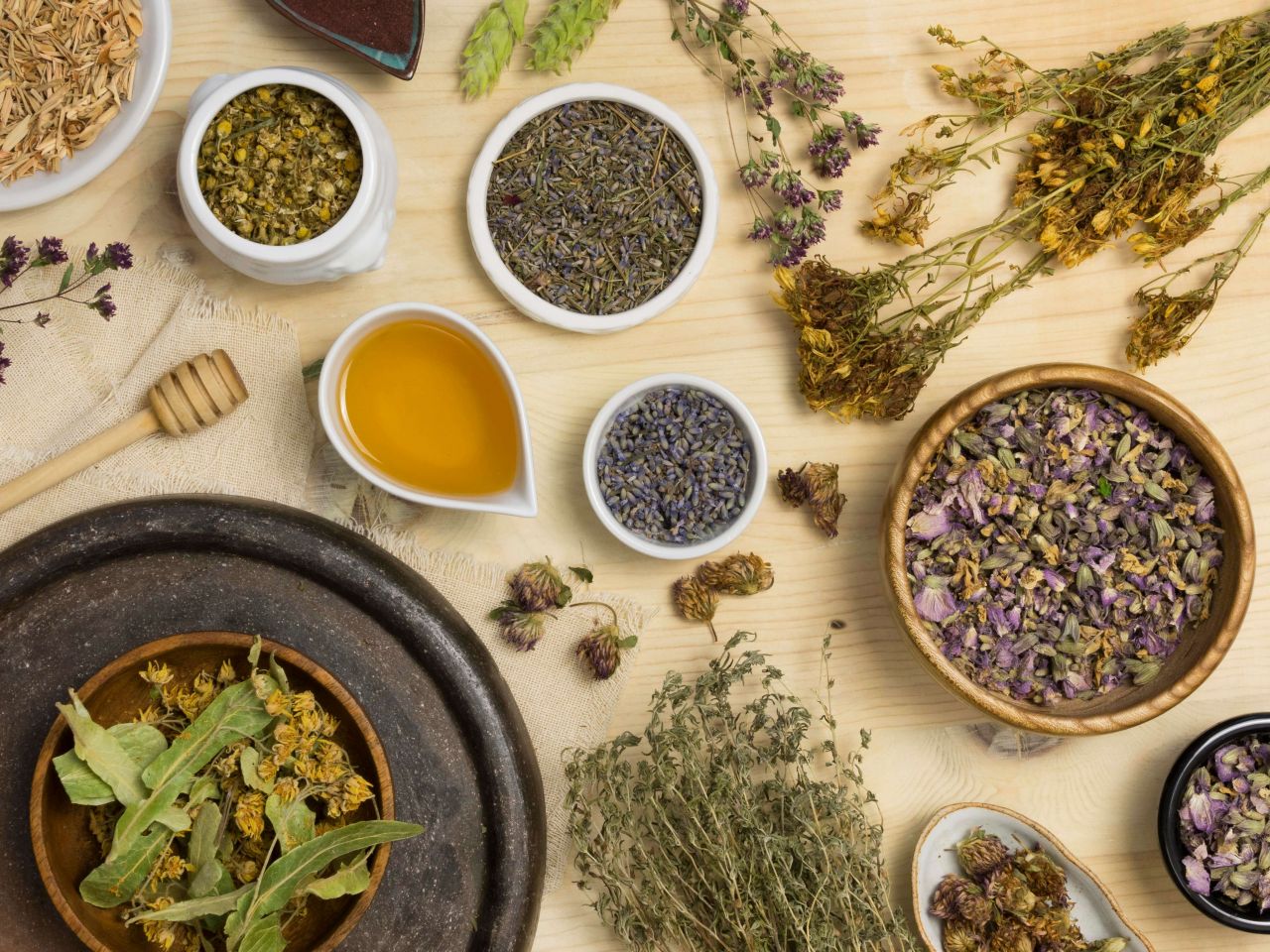
- Menopause: Many women experience hot flashes, night sweats, and mood swings during menopause. Natural herbal supplements can help to reduce these symptoms and improve overall quality of life.
- Prenatal care: Pregnant women can take natural herbal supplements to support their health and the health of their babies. Some common supplements include:
- Folic acid: This is essential for preventing neural tube defects in babies.
- Iron: This helps to prevent anemia, which is common during pregnancy.
- Calcium: This is important for building strong bones and teeth for both mother and baby.
- Postpartum care: After giving birth, women can take Natural Remedies to help with recovery and breastfeeding. Some common supplements include:
- Raspberry leaf tea: This can help to tone the uterus and reduce bleeding after childbirth.
- Fenugreek: This can help to increase milk production.
- Chamomile: This can help to reduce stress and anxiety.
Natural herbal supplements can be a safe and effective way to improve women's health.
However, it is important to know about herbal supplements for women, especially if you are pregnant or breastfeeding, which turns out to be beneficial for women.
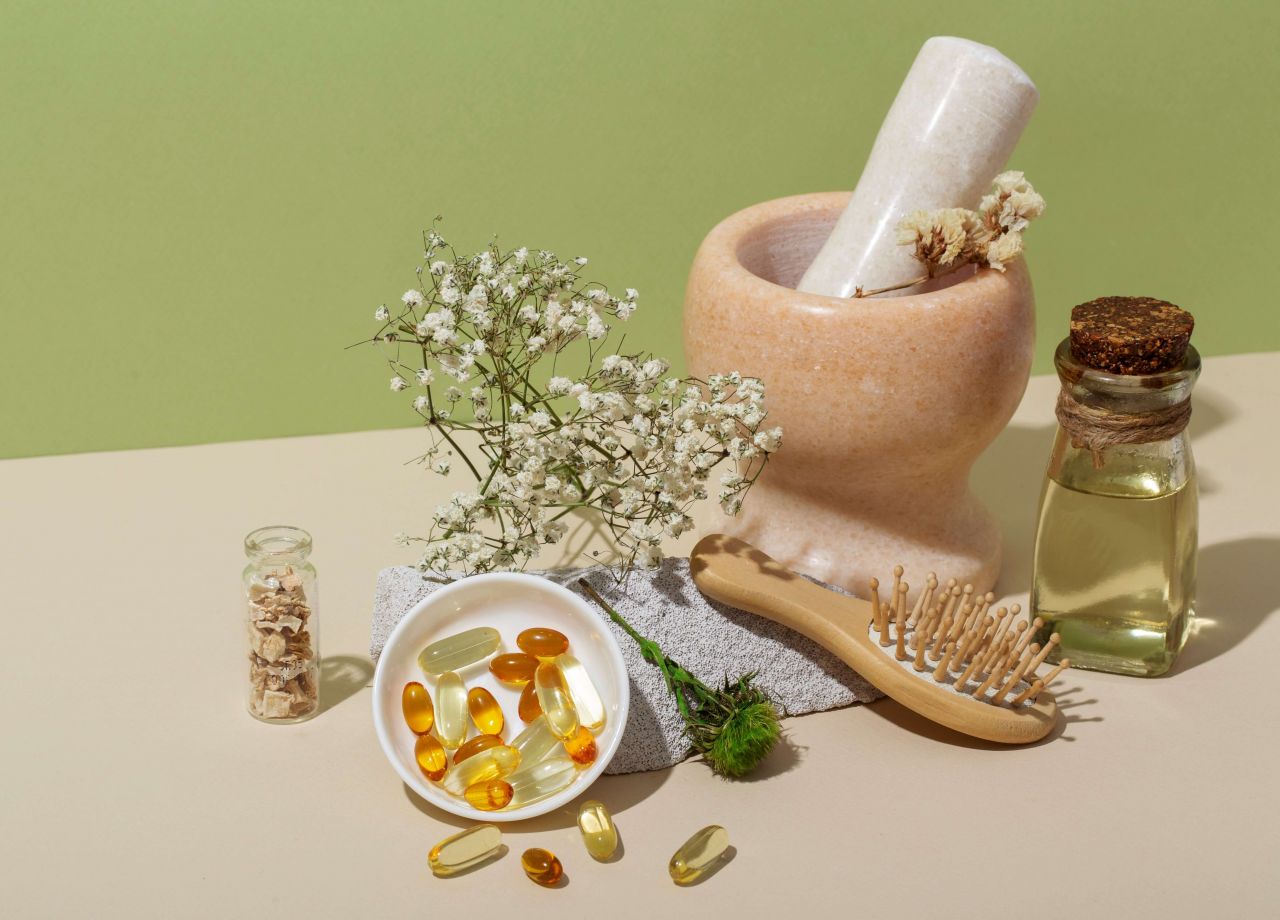
Understanding Hormonal Imbalance
Hormones act as messengers in the body, regulating various bodily functions such as metabolism, mood, menstrual cycle, and more. When hormones are not in harmony, it can lead to an array of symptoms, including irregular periods, mood swings, fatigue, weight gain, and skin problems. It gets a little difficult to find out the best herbs for hormone balance in women, but we’ve got you covered. Incorporating herbal supplements into one's routine can be a gentle yet effective way to address these issues and restore balance.
But there are many natural remedies for hormonal imbalance in females, let's check them out.
1. Maca Root (Lepidium meyenii)
Maca root is a root vegetable that is native to the Andes Mountains of Peru. It has been used for centuries by the indigenous people of the region for its medicinal properties. Maca root is a good source of vitamins and minerals, including potassium, magnesium, and iron. It also contains a number of phytonutrients, which are plant compounds that have health benefits.
Maca root is believed to have a number of health benefits, including:
- Improving sexual function: Maca root has been shown to improve sexual function in both men and women. It may help to increase libido, improve erectile function, and reduce the symptoms of erectile dysfunction.
- Boosting energy levels: Maca root is a good source of energy. It may help to improve fatigue and increase physical performance.
- Relieving stress: Maca root has been shown to have adaptogenic properties, which means that it can help the body to cope with stress. It may help to reduce anxiety and improve mood.
- Boosting the immune system: Maca root is a good source of antioxidants, which can help to protect the body from damage caused by free radicals. It may also help to boost the immune system.
- Improving fertility: Maca root has been shown to improve fertility in both men and women. It may help to increase sperm count and motility and improve ovulation.
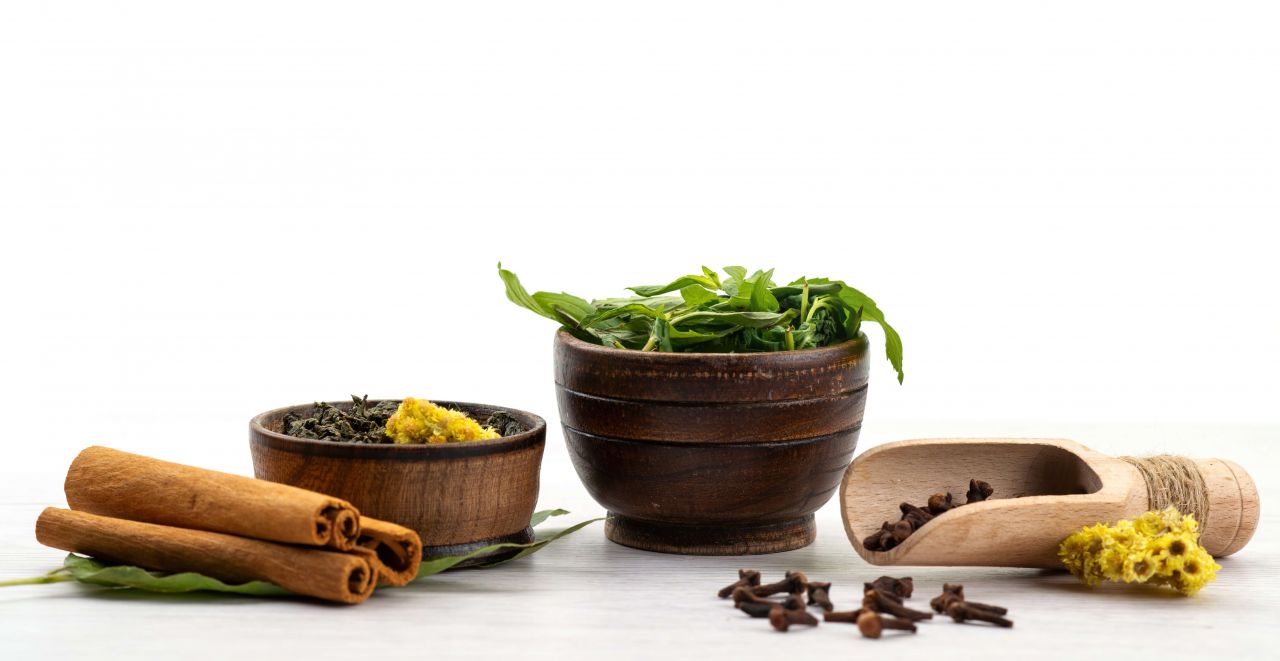
However, more research is needed to confirm the effectiveness of Natural Remedies for these conditions.
If you are considering taking maca root, it is important to talk to your doctor first. They can help you to determine if maca root is right for you and can advise you on the best way to take it.
Here are some of the ways to take maca root:
- Powder: Maca powder can be added to smoothies, yogurt, or oatmeal.
- Capsules: Maca capsules are a convenient way to take maca root.
- Extract: Maca extract is a concentrated form of maca root. It is usually taken in liquid form.
The recommended dosage of maca root varies depending on the individual and the condition being treated. It is important to start with a small dose and gradually increase it as needed. Maca root is natural remedy for hormone imbalance generally considered safe when taken for short periods of time. However, it is important to talk to your doctor before taking maca root if you are pregnant, breastfeeding, or taking any other medications.
Maca is particularly beneficial for women experiencing menstrual irregularities, as it may help regulate the menstrual cycle and alleviate symptoms associated with menopause.
2. Chasteberry (Vitex agnus-castus)
Chasteberry (Vitex agnus-castus), also known as chaste tree, is a small evergreen shrub native to Europe, Asia, and North Africa.
It has been used for centuries in traditional herbal medicine to treat a variety of conditions, including premenstrual syndrome (PMS), polycystic ovary syndrome (PCOS), and infertility. Chasteberry contains a number of compounds that may be responsible for natural remedy for hormone imbalance. These compounds are thought to interact with the body's hormones, including prolactin, luteinizing hormone (LH), and follicle-stimulating hormone (FSH). Chasteberry is most commonly used to treat PMS symptoms, such as breast tenderness, mood swings, and bloating. It is also used to treat PCOS, a condition that is characterized by irregular periods, excess hair growth, and weight gain. Chasteberry may also help to improve fertility in women with PCOS. Chasteberry is generally considered safe when taken for short periods of time. However, it is important to talk to your doctor before taking chasteberry if you are pregnant, breastfeeding, or taking any other medications.
Here are some of the potential benefits of chasteberry:
- Treating PMS symptoms: Chasteberry may help to relieve symptoms of PMS, such as breast tenderness, mood swings, and bloating.
- Treating PCOS: Chasteberry may help to regulate the menstrual cycle and improve fertility in women with PCOS.
- Increasing milk production: Chasteberry may help to increase milk production in breastfeeding women.
- Reducing hot flashes: Chasteberry may help to reduce hot flashes in menopausal women.
- Reducing anxiety and depression: Chasteberry may help to reduce anxiety and depression.

Chasteberry, also known as Vitex, has a long history of use in traditional medicine for hormonal imbalances. It is believed to influence the pituitary gland, which in turn regulates hormone production. Chasteberry is often recommended for managing premenstrual syndrome (PMS), alleviating breast tenderness, and promoting a regular menstrual cycle.
3. Black Cohosh (Actaea racemosa)
Black cohosh (Actaea racemosa) is a flowering plant that is native to North America. It has been used for centuries by Native Americans for a variety of ailments, including menstrual cramps, menopause symptoms, and arthritis.
Black cohosh is thought to work by acting on the body's hormones. It is believed to increase the production of estrogen and progesterone, which can help to relieve symptoms of menopause such as hot flashes, night sweats, and vaginal dryness. Black cohosh is also thought to have anti-inflammatory and pain-relieving properties. It may be helpful for relieving pain associated with menstrual cramps, arthritis, and other conditions. However, more research is needed to confirm the effectiveness of black cohosh for these conditions. Black cohosh is generally considered safe when taken for short periods of time.
However, it is important to talk to your doctor before taking black cohosh if you are pregnant, breastfeeding, or taking any other medications.
Here are some of the potential benefits of black cohosh:
- Relieve menopausal symptoms: Black cohosh may help to relieve symptoms of menopause such as hot flashes, night sweats, and vaginal dryness.
- Reduce pain: Black cohosh may help to reduce pain associated with menstrual cramps, arthritis, and other conditions.
- Improve mood: Black cohosh may help to improve mood and reduce anxiety.
- Boost energy: Black cohosh may help to boost energy levels and reduce fatigue.
- Improve sleep: Black cohosh may help to improve sleep quality.
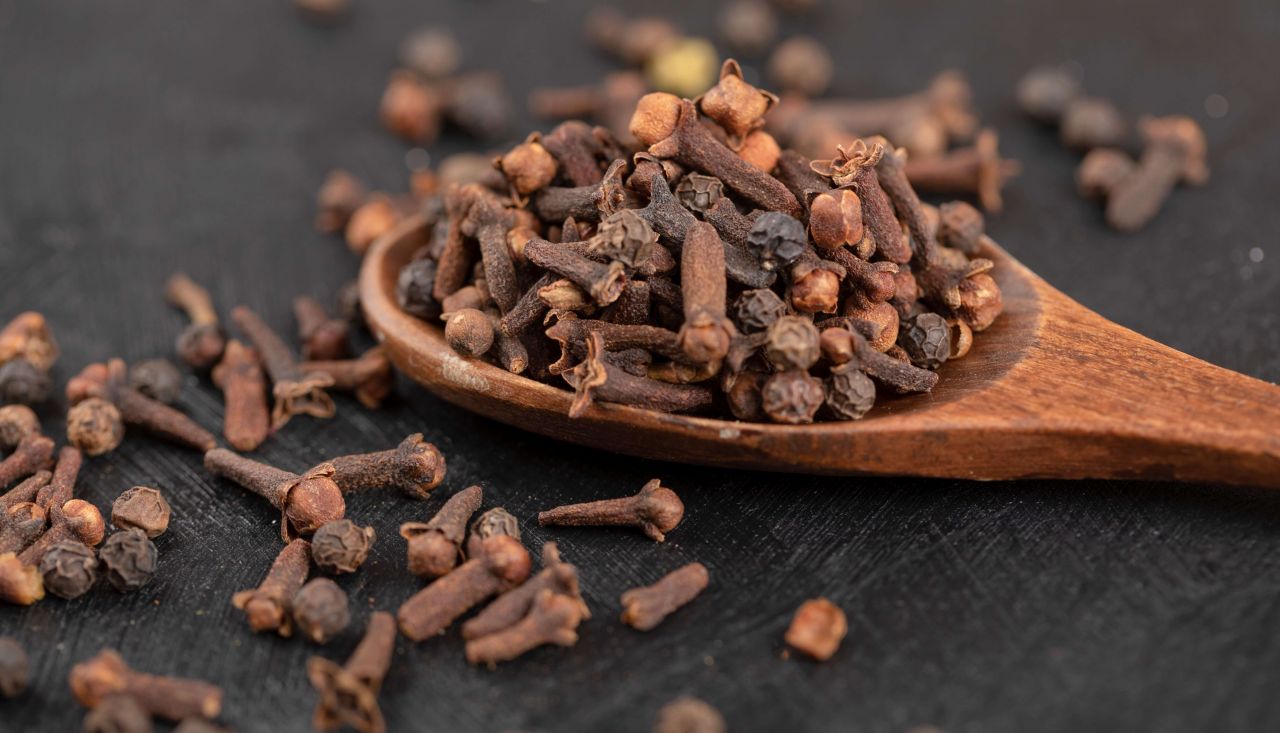
However, more research is needed to confirm its effectiveness. If you are considering taking black cohosh, it is important to talk to your doctor first. They can help to determine you that herbal supplements for women if black cohosh is right for you and can advise you on the best way to take it.
Here are some of the ways to take black cohosh:
- Capsules: Black cohosh capsules are a convenient way to take black cohosh.
- Extract: Black cohosh extract is a concentrated form of black cohosh. It is usually taken in liquid form.
- Tea: Black cohosh tea can be made by steeping the dried root of the plant in hot water.
Black cohosh is a promising natural remedy with a number of potential health benefits. Recommended dosage of black cohosh varies depending on the individual and the condition being treated. It is important to start with a small dose and gradually increase it as needed. Black cohosh is generally considered safe when taken for short periods of time. However, it is important to talk to your doctor before taking black cohosh if you are pregnant, breastfeeding, or taking any other medications.

4. Ashwagandha (Withania somnifera)
Ashwagandha is an adaptogenic herb renowned for its ability to combat stress and support the adrenal glands. Chronic stress can disrupt hormone balance in women, and ashwagandha's adaptogenic properties help the body adapt to stressors, potentially reducing cortisol levels and promoting hormonal equilibrium. Ashwagandha (Withania somnifera) is a small, shrub-like plant that is native to India. It has been used in traditional Ayurvedic medicine for centuries to treat a variety of conditions, including stress, anxiety, fatigue, and insomnia. It is believed to increase the production of calming neurotransmitters, such as GABA, and reduce the production of stress hormones, such as cortisol. Ashwagandha is also thought to have adaptogenic properties, which means that it can help the body to adapt to stress.
However, it is important to talk to your doctor before taking ashwagandha if you are pregnant, breastfeeding, or taking any other medications.
Here are some of the potential benefits of ashwagandha:
- Reduce stress and anxiety: Ashwagandha is perhaps best known for its stress-relieving properties. It may help to reduce anxiety, improve sleep, and boost mood.
- Improve physical performance: Ashwagandha may help to improve physical performance by increasing muscle strength and endurance.
- Boost the immune system: It help to boost the immune system by increasing the production of white blood cells.
- Reduce inflammation: Help to reduce inflammation by blocking the production of inflammatory chemicals.
- Improve memory and cognitive function: May help to improve memory and cognitive function by increasing blood flow to the brain.
Here are some of the ways to take ashwagandha:
Capsules: Ashwagandha capsules are a convenient way to take ashwagandha.
Extract: Ashwagandha extract is a concentrated form of ashwagandha. It is usually taken in liquid form.
Powder: Ashwagandha powder can be added to smoothies, yogurt, or oatmeal.
Tea: Ashwagandha tea can be made by steeping the dried root of the plant in hot water.
5. Red Raspberry Leaf (Rubus idaeus)
Red raspberry leaf is often associated with uterine health and is commonly used during pregnancy. However, it also offers best herbs for hormone balance. It Rich in vitamins and minerals, it supports the female reproductive system and may help regulate menstrual cycles. This leaf is a flowering plant that is native to Europe, Asia, and North America. It has been used for centuries in traditional herbal medicine to support pregnancy and childbirth. This contains a number of compounds that may be beneficial for women's health, including vitamins C and E, calcium, and magnesium.
Red raspberry leaf is most commonly used to support pregnancy and childbirth. It is thought to help to tone the uterus and prepare it for childbirth. It is also thought to contain compounds that have anti-inflammatory and antioxidant properties. It also helps to reduce the risk of miscarriage and premature labor. Red raspberry leaf is also thought to be beneficial for women's overall health. It may help to relieve menstrual cramps, reduce the risk of urinary tract infections, and improve fertility.
However, it is important to talk to your doctor before taking red raspberry leaf if you are pregnant, breastfeeding, or taking any other medications.
Here are some of the potential benefits of red raspberry leaf:
- Support pregnancy and childbirth: Red raspberry leaf is thought to help to tone the uterus and prepare it for childbirth. This Natural Remedy also help to reduce the risk of miscarriage and premature labor.
- Relieve menstrual cramps: Raspberry leaf may help to relieve menstrual cramps by reducing inflammation and relaxing the muscles of the uterus.
- Reduce the risk of urinary tract infections: This leaf may help to reduce the risk of urinary tract infections by increasing the acidity of the urine.
- Improve fertility: It may help to improve fertility by increasing the production of cervical mucus and stimulating ovulation.
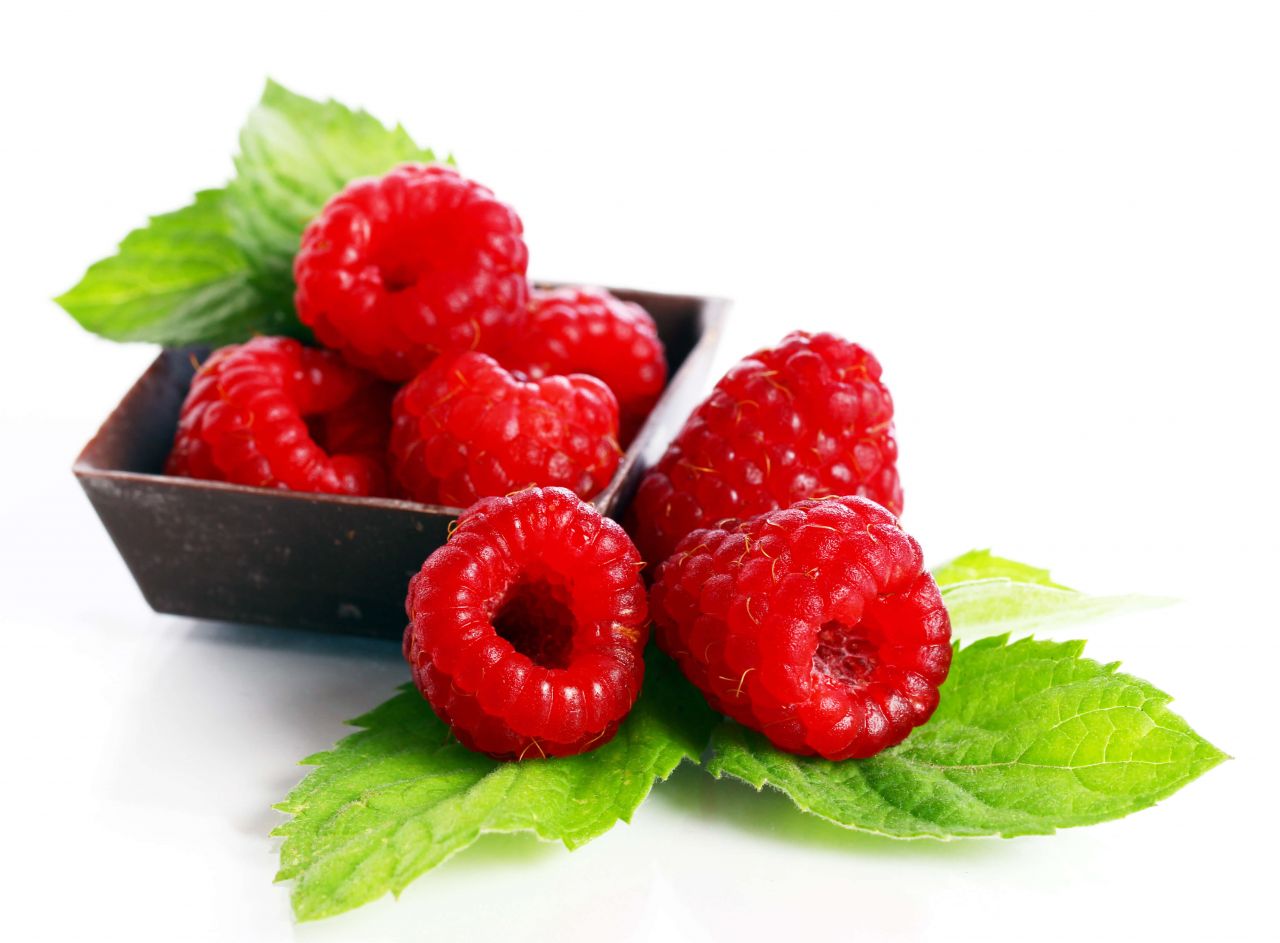
Here are some of the ways to take red raspberry leaf:
- Tea: Red raspberry leaf tea can be made by steeping the dried leaves of the plant in hot water.
- Capsules: Red raspberry leaf capsules are a convenient way to take red raspberry leaf.
- Extract: Red raspberry leaf extract is a concentrated form of red raspberry leaf. It is usually taken in liquid form
6. Licorice Root (Glycyrrhiza glabra)
Licorice root contains compounds that have mild estrogenic effects on the body, making it a valuable herb for hormonal balance. It may be beneficial for women with low estrogen levels and can also help manage stress by supporting the adrenal glands. It is a plant that has been used for centuries in traditional herbal medicine. Native to Europe, Asia, and the Middle East. The root of the licorice plant contains a compound called glycyrrhizin, which is about 50 times sweeter than sugar.
Licorice root has a number of potential health benefits, including:
- Soothing coughs and sore throats: Licorice root has been shown to be effective in relieving coughs and sore throats. It is thought to work by suppressing the production of mucus and reducing inflammation.
- Protecting the liver: This root has been shown to protect the liver from damage caused by toxins. It is thought to do this by increasing the production of antioxidants and reducing inflammation.
- Reducing inflammation: This Natural Remedy has anti-inflammatory properties. It may help to reduce inflammation in the body, which can help to improve a variety of health conditions, such as arthritis and asthma.
- Boosting the immune system: Licorice root has been shown to boost the immune system. It may help to fight off infections and improve overall health.
- Reducing stress: Licorice root has been shown to have adaptogenic properties, which means that it can help the body to adapt to stress.

Here are some of the ways to take licorice root:
- Tea: Licorice root tea can be made by steeping the dried root of the plant in hot water.
- Capsules: Licorice root capsules are a convenient way to take licorice root.
- Extract: Licorice root extract is a concentrated form of licorice root. It is usually taken in liquid form
Natural Remedy for Hormone Imbalance In Women
Hormonal imbalance can cause a variety of symptoms, including fatigue, mood swings, weight gain, and irregular periods. There are a number of natural remedies that can help to balance hormones, including:
- Eating a healthy diet: A diet rich in fruits, vegetables, and whole grains can help to regulate hormone levels.
- Exercise: Exercise helps to reduce stress and improve insulin sensitivity, which can help to balance hormones.
- Getting enough sleep: Sleep is essential for the production of hormones.
- Managing stress: Stress can contribute to hormone imbalance, so it is important to find healthy ways to manage stress.
- Supplements: herbal supplements for women, such as black cohosh and red clover, may help to balance hormones.
If you are experiencing symptoms of hormone imbalance, it is important to talk to your doctor. They can help you to determine the best course of treatment for you.

Here are some additional tips for balancing hormones naturally:
- Avoid processed foods, sugary drinks, and excessive amounts of caffeine and alcohol.
- Get regular massages or other forms of bodywork.
- Practice yoga or meditation.
- Spend time in nature.
- Surround yourself with positive people and activities.
By making some simple lifestyle changes, you can help to balance your hormones and improve your overall health.
Benefits of natural remedy for hormone imbalance in Female
Best natural remedy for hormone imbalance is Herbal medicine that plays an important role in balancing hormones because herbs can:
- Support the body's natural hormone production. Many herbs contain compounds that are similar to hormones or that can help to regulate hormone production.
- Help to remove excess hormones from the body. The liver is responsible for detoxifying hormones, and some herbs can help to support liver function.
- Reduce inflammation. Inflammation can disrupt hormone production and function, so herbs that reduce inflammation can be helpful for balancing hormones.
- Improve circulation. Good circulation is essential for the transportation of hormones throughout the body, so herbs that improve circulation can be helpful for balancing hormones.
- Reduce stress. Stress can contribute to hormone imbalance, so herbs that help to reduce stress can be helpful.

It is important to note that herbal medicine is not a substitute for medical advice. If you are experiencing symptoms of hormone imbalance, it is important to talk to your doctor. They can help you to determine the best course of treatment for you.
Conclusion
Achieving and maintaining the hormonal balance is essential for women's overall well-being. While best herbs for hormone balance in women can lead to a variety of health challenges, incorporating the power of nature through herbal supplements can offer a gentle yet effective way to restore equilibrium. From maca root to licorice root, the herbs mentioned in this article provide a natural approach to addressing hormonal issues, helping women navigate various life stages with greater ease and comfort. As always, it's advisable to consult with a healthcare professional before incorporating new herbs into your routine, especially if you have underlying health conditions or are taking medications. Embrace the wisdom of these herbs and embark on a journey toward holistic hormonal wellness.



